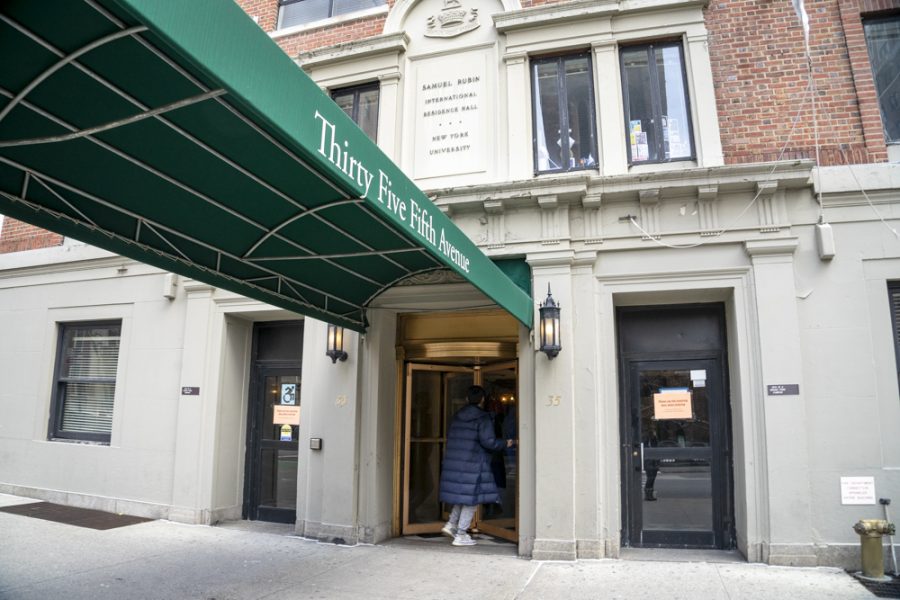Students will have to shell out a little more money if they are living in university housing this upcoming academic year, as almost all residence hall costs have gone up.
NYU is often criticized for its high cost of attendance, listed at over $76,000 for the 2019-20 school year. Some of the $4,000 overall increase from last year can be attributed to room and board expenses, with nearly every residence hall increasing in cost. This is despite affordability being listed as one of NYU President Andrew Hamilton’s six key priorities.
Hamilton’s response to such criticisms is often to point out that tuition and other costs are increasing at a slower rate than under his predecessor, John Sexton — which is true.
“Over the last few years, as part of its focus on affordability, NYU has restrained the growth in housing-related charges compared to prior years,” NYU spokesperson John Beckman wrote in an email to WSN.
Still, some students — like NYU Rory Meyers College of Nursing first-year and Rubin Hall resident Salma Santos — are still upset over the increased price.
“I don’t know why Rubin went up,” Santos said. “They’re not doing anything at Rubin. Our AC is broken. We need a refund.”
A low-cost triple room at Rubin, the most affordable option for first-years, increased in cost by $120 to $4,250 this year. This was the lowest increase in price, with a $321 jump for singles in Alumni Hall — the most expensive dorm on campus ($11,386 per semester). On average, dorm prices increased by $413 per year.
CAS first-year Sofia Cosentino also lives in Rubin, and was not as concerned over the higher prices.
“I’m definitely not happy the price has increased,” Cosentino said. “But I still think about how Rubin is less expensive than other dorms.”
CAS first-year Leila Khoufaify was more curious than angry.
“I just want to know why,” said Khoufaify, whose triple in Lipton will cost $189 more per semester than it did last year. “If there’s a valid reason, that would be fine.”
Beckman listed a litany of reasons for the increased cost of housing, stating that from visible improvements such as new carpeting and paint to less-visible improvements like fire safety systems and new AC, dorm upgrades and maintenance can be expensive.
Some of those improvements won’t come for some time, however, with Rubin still not set to receive air conditioning for another two years, assuming the university sticks to its previously announced timeline.
Beckman also pointed to the Chronicle of Higher Education’s list of most expensive private, non-profit colleges, where NYU has fallen from fourth to 39th since Hamilton’s tenure began in 2016, although it holds the top spot in costs for room and board.
Email Sebastian Golden at [email protected].






















































































































































